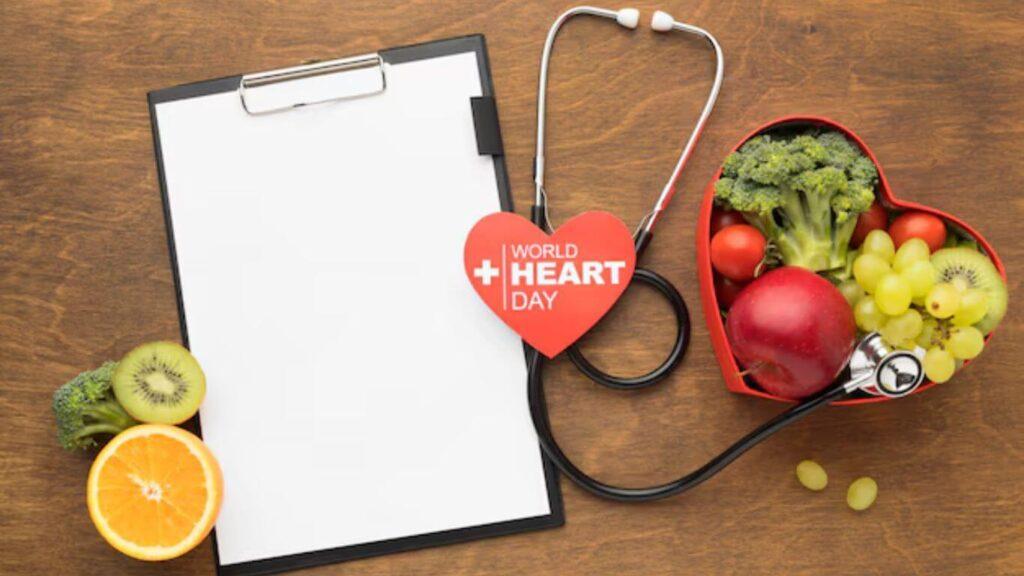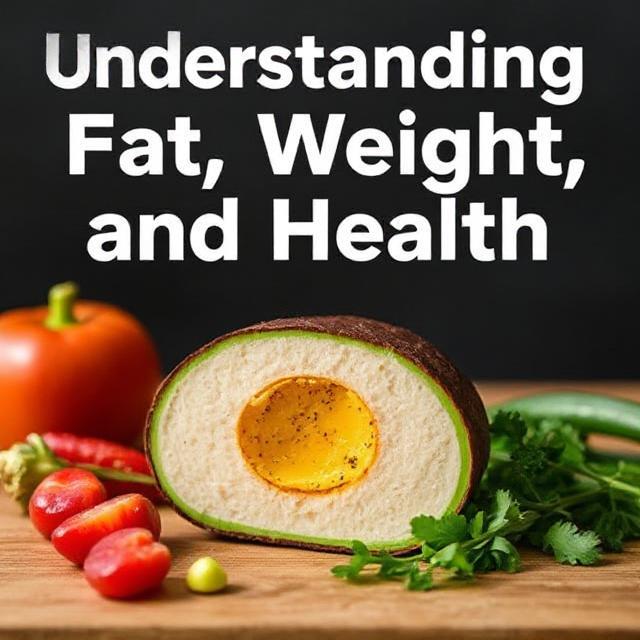Welcome to The Fitness Bite, where we explore the variation of fitness, weight management, and overall health. Today, we’re addressing intriguing questions, misconceptions, and practical tips related to weight and well-being. Let’s dive into these topics and unpack their meanings in simple terms.
Can Even Souls Develop Fat? What Does It Mean?
This curious phrase explores the metaphorical idea of excess or burden, beyond just physical fat. It suggests that mental or emotional weight can feel like fat accumulating on one’s soul, emphasizing the need for balance in life and well-being for both body and mind.
Fat Tip Friday from CWB: A Motivational Thought
The “fat tip Friday” trend from CWB brings bite-sized motivation to reflect on health. It’s a reminder to start making small and sustainable changes every week. You can choose healthier snacks or incorporate an extra 10-minute walk into your day.
Weight and Incarceration: Stories of Ladies Who Gained Weight in Jail
Weight gain in confinement is often linked to stress, limited movement, or unhealthy dietary options. Highlighting such examples reminds us of the significance of balanced nutrition and activity, even in challenging circumstances.
Why Am I Stupid and Fat? Let’s Reframe That Thought
Negative self-talk can be harmful for everyone. Take a step back and assess it compassionately if you’ve ever asked this question. Focus on making small, meaningful lifestyle changes rather than self-blame. Remember, kindness to oneself is key to long-term health progress.
Quick Weight Conversions: Handy Metrics for Everyday Use
Understanding conversions between kilos and pounds can make managing weight simpler:
- 6.2 pounds to kilos: 2.81 kg
- 6.2 kg in pounds: 13.67 lbs
- 5.4 kg to lbs: 11.90 lbs
- 5.9 kg to lbs: 13 lbs
- 6.2 lbs in kg: 2.81 kg
- 5.4 kilos in pounds: 11.90 lbs
Quick conversions like these help track progress or understand portion sizes, particularly when switching between metric and imperial systems.

Cycling Heavily but Eating a Lot: Does It Balance?
Cycling is a fantastic workout for calorie burn. Excessive eating may still lead to weight gain if calorie intake consistently exceeds what you burn. Balance is key: aim for nutrient-dense foods and monitor portions to complement your activity levels.
Recurring Cycles and Abnormal Variations: Charting Health
Understanding cycles in weight, mood, or energy can reveal insights into one’s health. An abnormal variation chart is a tool to track recurring issues and identify patterns, enabling better discussions with healthcare professionals.
How Old Is Candy Hungry Fat Chick?
While many might associate online figures like Candy with viral fame, it’s essential to focus on her message: self-acceptance. Regardless of her age, her persona reflects the importance of owning one’s body and journey.
Why Does My Body Feel Heavy? Possible Causes and Tips
Feeling heavy can stem from:
- Lack of sleep
- Dehydration
- Overeating or consuming sodium-heavy foods
- Lack of exercise or muscular fatigue
Stay hydrated, opt for fresh foods, and get regular activity is combat this. Feeling lighter isn’t just about weight but also depend on overall wellness.
How Much Does a Can of Soda Weigh?
A standard can of soda weighs around 0.34 kg. This includes the liquid and the aluminum container. It’s always useful to know when portioning or balancing out calorie intake.

Lies of P Weight: Fitness and False Beliefs
Misinformation about weight and health persists. Challenge “Lies of P” (perceptions) by sticking to science-backed data. Focus on sustainable practices rather than quick fixes, and remember: your journey is unique.
Stress and Weight Gain: A Deeper Look
Stress is one of the main factors to gain weight. High stress levels can increase cortisol. This is a hormone that is linked to fat storage, especially around the belly. Emotional eating triggered by stress. It often leads to the consumption of calorie-dense and nutrient-poor foods.
The Role of Sleep in Feeling Light and Energized
Quality sleep is good for maintaining a healthy weight and overall wellness. Poor sleep disrupts hormones like ghrelin and leptin. They regulate hunger and satiety often leading to overeating. You just aim for 7-9 hours of uninterrupted sleep each night. That helps to regulate metabolism and recover energy. It improves your sense of well-being.
Hydration: A Simple Yet Powerful Strategy
Dehydration often leads to overeating. You may drink sufficient water daily that supports digestion. This also prevents bloating, and fatigue and helps you feel lighter. Now, start your day with a glass of water. Aim to drink consistently throughout the day, particularly before meals that help to control appetite.
The Hidden Impact of Sodium on Your Body
Consuming too much salt can cause water retention. It leaves you feeling heavy and bloated. You can reduce processed foods and checking sodium levels on nutritional labels can go a long way in improving your comfort and energy levels. Incorporating potassium-rich foods like bananas, spinach, and avocados helps balance sodium levels and reduce water retention.
Small Lifestyle Changes Add Up Over Time
Health and fitness improvements don’t need dramatic overhauls. Simple adjustments such as walking an extra 1,000 steps daily. You can replace sugary drinks with water or add a portion of vegetables to every meal. It can yield significant results over time. Consistency is more effective than perfection when it comes to achieving long-term health.
Calorie Balancing: It\u2019s Not Just About Cycling
For those who cycle heavily yet don’t see results due to eating excess calories, tracking food intake can be helpful. Online tools and apps make it easier to monitor your macros and ensure a healthy calorie balance. Prioritize whole grains, lean protein, and healthy fats for sustained energy during physical activity.
Weight Variation: The Bigger Picture
It is normal for weight to fluctuate throughout the day or week. It occurs due to factors like hydration, food intake, and even hormones. Focus on broader trends over months instead of obsessing over the scale. This can include monitoring how your clothes fit, measuring inches, or observing improvements in energy and stamina.
Creating a Personal Health Plan
Design a tailored health plan that considers your unique preferences, schedule, and goals. This might include setting fitness challenges, preparing healthier meals in advance, or finding an accountability partner. Small goals keep you motivated, while a flexible plan ensures long-term adherence.

Why a Positive Mindset is Critical for Success
Self-talk has a direct influence on your ability to succeed in health and fitness goals. Replace negative thoughts with constructive affirmations, like “I’m improving every day” or “Every step I take is progress.” Celebrating small achievements can boost your morale and drive.
Benefits of Tracking Weight and Fitness Progress
- Informed Decisions: Accurate tracking helps refine dietary and exercise habits.
- Motivation: Small milestones boost confidence and encourage perseverance.
- Health Awareness: Understanding weight trends can identify areas of concern early on.
Conclusion
Health is a journey, and managing weight is just one part of it. At The Fitness Bite, we believe in providing knowledge, positivity, and support. Whether you’re converting 6.2 kg to pounds or seeking inspiration from “fat tip Friday,” every step counts. Remember, fitness is a personal journey—embrace it with confidence and compassion!





